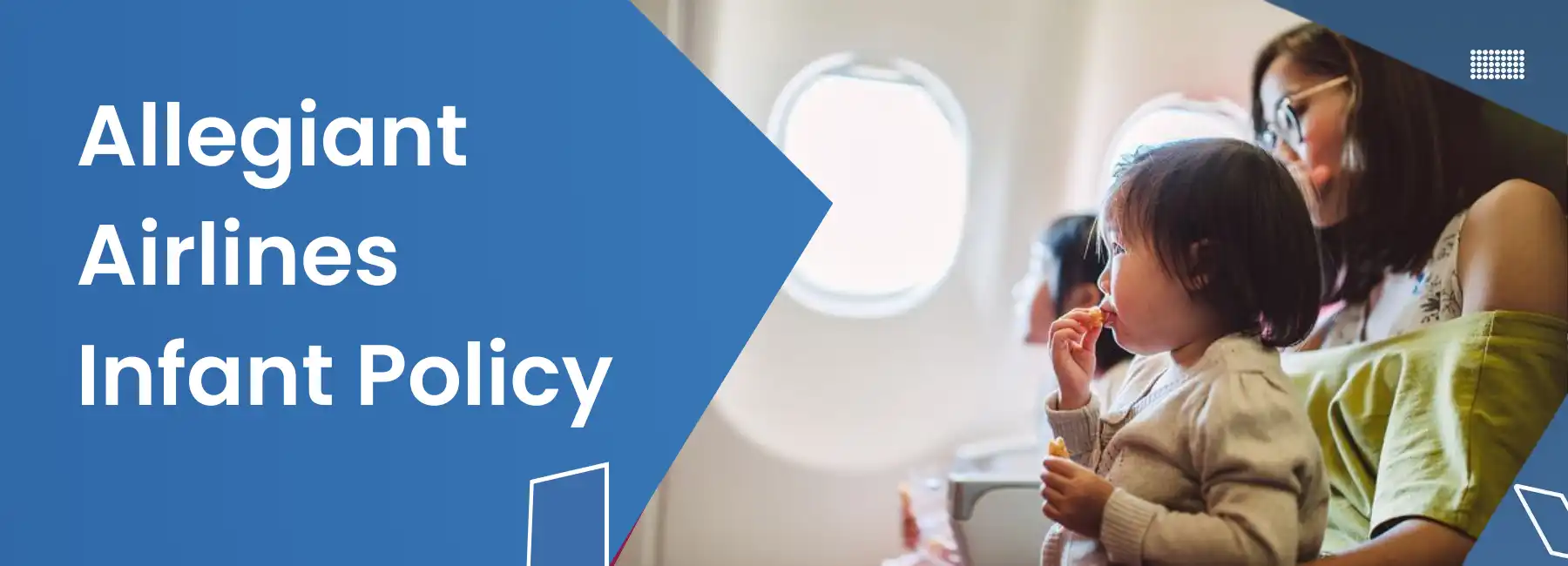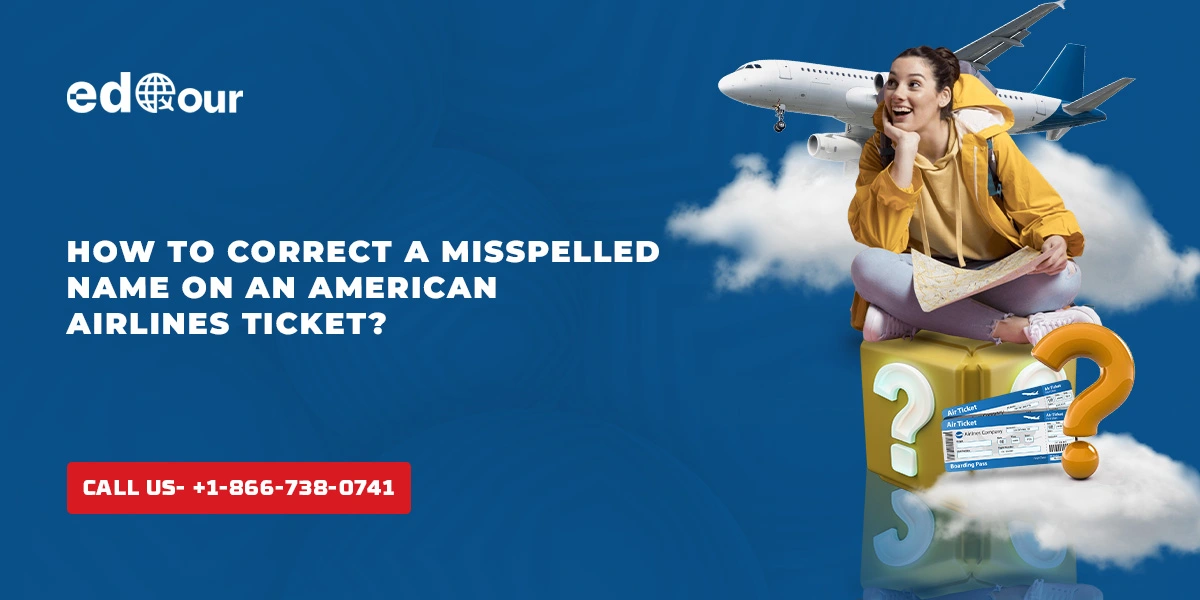
Traveling with infants often requires additional planning, especially on low-cost airlines where services are streamlined. Allegiant Airlines, a budget-friendly carrier in the U.S., has established clear rules to help families fly safely and comfortably. While the amenities may be simpler compared to international airlines, Allegiant ensures parents have what they need to manage infant travel with ease.
This guide explains Allegiant infant travel policy, including age rules, seating options, baggage allowances, fees, and onboard assistance.
Age Requirements For Infant Travel
Allegiant Airlines classifies infants as children under the age of two. Babies must be at least seven days old to fly, unless medical approval is provided for earlier travel. If a child turns two before the return journey, parents are required to purchase a separate seat for that segment. These rules align with safety standards and ensure parents can plan ahead for changing age requirements.
Lap Infant Travel Rules
Parents can choose to travel with an infant on their lap, which is often the most economical option. Lap infants do not require a boarding pass, though their details must be added to the reservation. During takeoff, landing, and turbulence, the infant must remain on the adult’s lap, secured by the safety belt provided. An adult passenger may only have one lap baby. If traveling with twins or two children under two, parents will need to purchase an additional seat with an approved child restraint system.
Purchasing A Separate Seat
Families seeking more comfort may purchase a ticketed seat for their baby. In this case, an FAA-approved child restraint system (CRS) or car seat must be used.
- The car seat must be labeled for use on aircraft.
- Rear-facing models are recommended for smaller infants, while forward-facing models can be used for older babies.
- Seats must be properly secured during all phases of flight.
This option offers enhanced safety and gives parents more space to care for their child.
Baggage Allowance for Infants
Allegiant Airlines allows parents to bring essential baby gear but keeps its baggage policy simple.
- One diaper bag is permitted free of charge for each infant.
- A stroller and/or car seat can be checked free of cost at the counter or gate.
- If the infant has their own seat, standard baggage allowances apply according to the purchased fare.
Parents should pack efficiently to ensure all essentials—such as formula, wipes, and a change of clothes—are within easy reach during the flight.
Note: Furthermore, passengers can request a name change on Allegiant Airlines reservations when needed. For families flying with infants, updating ticket information before the trip is crucial to prevent complications at the airport and guarantee a seamless check-in experience, allowing parents to focus on the comfort and safety of their little ones.
Infant Travel Fees
Lap infants travel free of charge on Allegiant’s domestic flights, with only government taxes or fees applying in some cases. Since Allegiant operates primarily within the U.S., international infant fares are not typically relevant. Purchasing a separate seat requires paying the standard fare for the infant, though discounted child fares may sometimes be available. This straightforward fee structure helps parents budget effectively when booking tickets.
Onboard Services For Infants
As a low-cost airline, Allegiant does not provide bassinets or specialized infant meals. Parents are encouraged to bring formula, baby food, or snacks for the journey. Flight attendants may assist with providing hot water or storing milk when possible, but services are limited compared to full-service carriers. By preparing in advance, parents can ensure their child remains comfortable even on longer flights.
Boarding And Airport Support
Families traveling with infants benefit from Allegiant’s boarding assistance. Passengers with young children are typically invited to board early, giving them extra time to store belongings and settle in. Strollers can be used throughout the airport and checked at the gate at no extra cost, making airport navigation more convenient.
Safety Guidelines For Infant Travel
For safety, Allegiant enforces FAA regulations strictly:
- Infants must be secured either with the provided lap belt or in an approved CRS.
- Feeding infants during takeoff and landing helps reduce ear pressure discomfort.
- Parents should always carry sufficient diapers, bottles, wipes, and extra clothing in carry-on luggage.
These measures ensure the comfort and safety of both infants and parents throughout the flight.
Tips For Parents Flying With Allegiant
While Allegiant keeps its services simple, parents can make the journey smoother by planning ahead:
- Arrive early at the airport to manage check-in and stroller drop-off.
- Pack a small, organized carry-on with all essentials.
- Choose aisle seats for easier mobility when attending to your infant.
- Schedule flights around nap times to reduce stress.
With careful preparation, flying Allegiant with a baby can be a manageable and affordable experience.
Frequently Asked Questions
Looking for further inform on airline policies, terms & conditions, etc.
Call now to know everything in detail.
+1-866-738-0741




